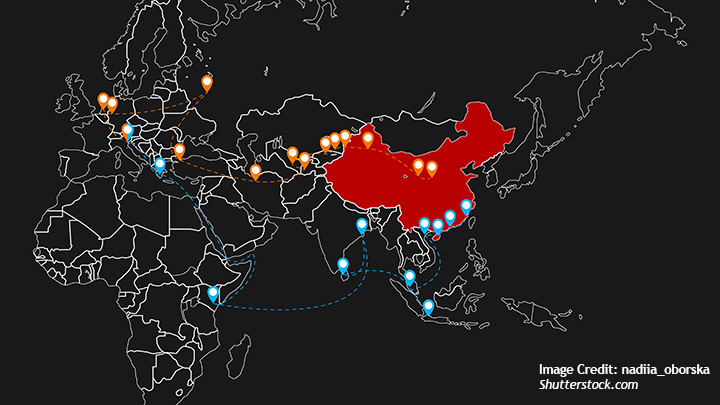One Belt, One Road: Changing Asian Geo-Politics and India

Raviprasad Narayanan
Abstract:
The ‘One Belt One Road’ (OBOR) has remarkably transformed discourse on geopolitics within the Asian context. As an initiative, the OBOR has embedded within itself a peculiar dynamic that propels China as the primary determinant of geopolitical cross-currents in Asia. Evolving into being termed ‘Belt and Road Initiative’ (BRI), this paper adheres to OBOR as primary reference, continuous in its metaphorical and temporal usage. Having won accolades and criticisms, Beijing is determined to construct a new ‘frame’ and ‘template’ for Asia, bypassing existing ‘structures’ and institutions. As scholars, the questions that arise from the OBOR are many: How is the OBOR different from existing arrangements? Why is Beijing highlighting OBOR and is it any different from earlier half-hearted attempts at knitting the region in a seamless manner? What are the theoretical implications of the OBOR? Is the OBOR an atypical construct or one that adheres to existing normative constructs? Will OBOR outlast the current leadership in Beijing with the individual stamp of Xi Jinping bearing a huge imprint on this initiative? What about India’s foreign policy decision-making? This new frame has to take into account the closer relations evolving between the United States and India — a relationship by no stretch of imagination without its discontinuities. This paper will dwell at length on this equation. For OBOR to be explicated, it necessitates the adoption of several approaches to tease the arguments — in favor and against — and this paper will strive to adopt a critical stance in evaluating OBOR theoretically, and in practice with a bearing on generating a prognosis for India.
Related Publications
-
Not Drawing a Parallel. Ukraine and Taiwan: An Indian Perspective
Russia’s war against Ukraine has not only had economic, diplomatic, and geopolitical repercussions, but also exaggerated the fear of accelerated conflicts in the Indo-Pacific, a region with several unresolved conflicts […]
-
Needed, a Framework to Protect Undersea Cables
In the data-driven world we live in, submarine cables are the arteries that connect nation-states and their people in literally every human activity, including trade, commerce, entertainment, and social interactions. […]
-
India-Japan-Philippines: A Strategic Maritime Trilateral or More?
Regional states like India, Japan, and the Philippines have been seeking cooperative solutions with other middle powers that can both counter the Chinese influence and fulfill other economic as well […]
-
ISDP Annual Report 2023
ISDP’s Annual Report for the year 2023. We look back on 2023, a year in which tensions and conflicts captured the strategic space in ISDP’s focus areas, making headlines around […]
-
Indo-Pacific Security in 2030-35: Links in the Chain
In recent years, events like the COVID-19 pandemic and the Russia-Ukraine war have brought global supply chains squarely under the spotlight. The economic impact of these disruptive events exposed the […]




